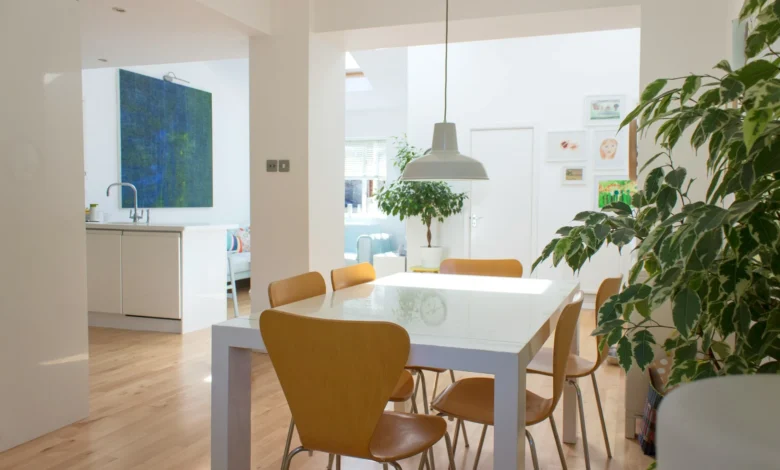
How To Give Your Adult Children More Space In The Family Home
As more adult children are returning to live at home due to rising living costs, career transitions, or personal reasons, it’s essential for families to strike a balance between shared time and personal privacy. Creating physical and emotional space can make the transition smoother for both parents and adult children, fostering a healthy environment where everyone feels respected and independent. Here are several strategies to give your adult children more space in the family home.
1. Build a Garden Room for Private Space
One of the most effective ways to provide your adult children with personal space in a shared home is by creating a separate garden room. Situated in your garden, this standalone building can be used as a gaming room, living area, or even a small apartment, providing much-needed privacy while still keeping everyone close, and it avoids the need for major home renovations or having to rearrange existing spaces. There are plenty of design options out there, as you can see on ukgardenbuildings.co.uk. No matter how big or small or what design you go for, it allows your adult children to have their own designated area where they can unwind, work, or entertain friends without feeling like they are intruding on the main household. The physical separation helps create the psychological boundaries that promote independence while living at home. Then, once they move out, you can repurpose this space for your own needs and enjoy the property value boost it offers.
2. Establish Clear Communication Boundaries
Beyond creating physical space, setting up boundaries through communication is just as crucial. Adult children, especially those who have been living on their own, often return home with different expectations regarding personal space, schedules, and responsibilities. It’s essential to have open discussions about these topics early on:
- Discuss Daily Schedules: If your adult children are working or studying, align your schedules to minimise disruptions. For example, understanding each other’s routines can help ensure quiet time when someone is working from home or needing privacy.
- Clarify House Rules: While you may not want to impose strict rules, it’s a good idea to discuss the responsibilities they will have in the household. This might include contributing to chores, cooking, or sharing financial responsibilities like utilities or food shopping. Adult children often feel more comfortable when expectations are clear and respectful.
- Mutual Respect for Privacy: Both parents and adult children should agree on respecting each other’s privacy. Knock before entering bedrooms, avoid “checking in” constantly, and give each other space to relax alone when needed. Mutual respect fosters a healthy living arrangement that doesn’t feel invasive.
3. Encourage Time Apart Outside the Home
While it’s important to create space within the home, encouraging your adult children to spend time outside of the house doing things they love is equally beneficial. If your children don’t already have outside activities, gently encourage them to pursue hobbies, sports, or social clubs. This will naturally create space for both parties and ensure that their time at home is balanced with outside interests.
For adult children working remotely and spending all day at home, suggest spending a few days working from a nearby café or coworking space instead. This allows for a change of scenery and gives both parents and children a break from being together constantly. If you work from home, too, why not do the same thing?
4. Foster Independence Gradually
It’s important to help your adult children transition toward greater independence if the plan is for them to eventually move out. Gradually introducing responsibilities like paying rent, budgeting, or contributing to household expenses can help prepare them for life on their own. Small steps like encouraging job hunting or saving for future living arrangements can be mutually beneficial, ensuring they leave home when the time is right for them.
Conclusion
Sharing a home with your adult children can be both rewarding and challenging, but with a little planning and creativity, you can make the experience positive for everyone. The advice laid out above should help you get started on this new journey.







